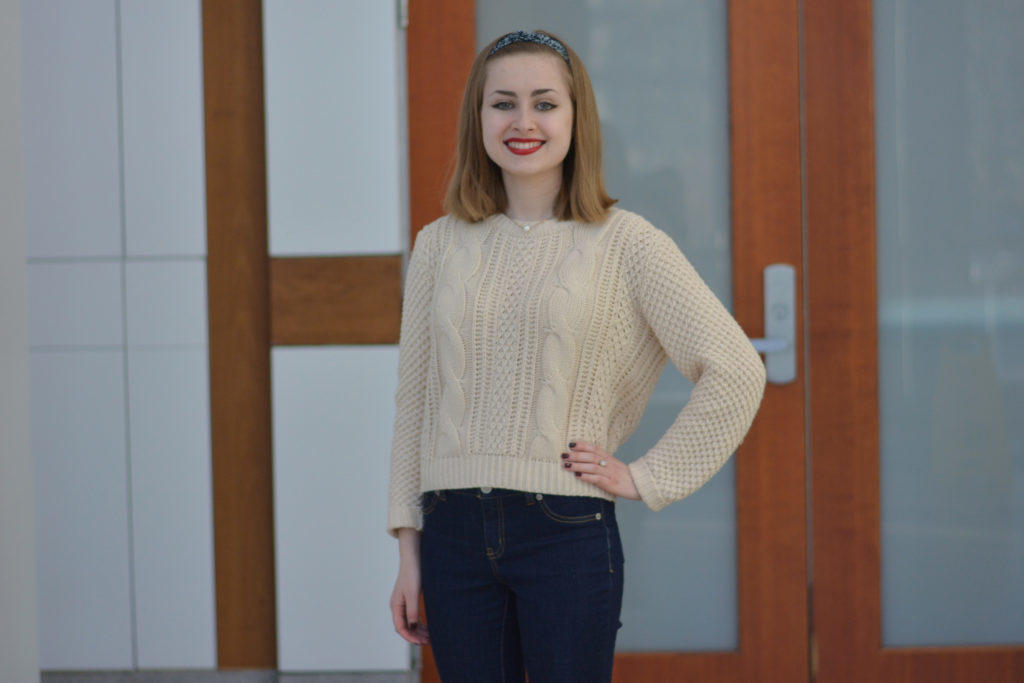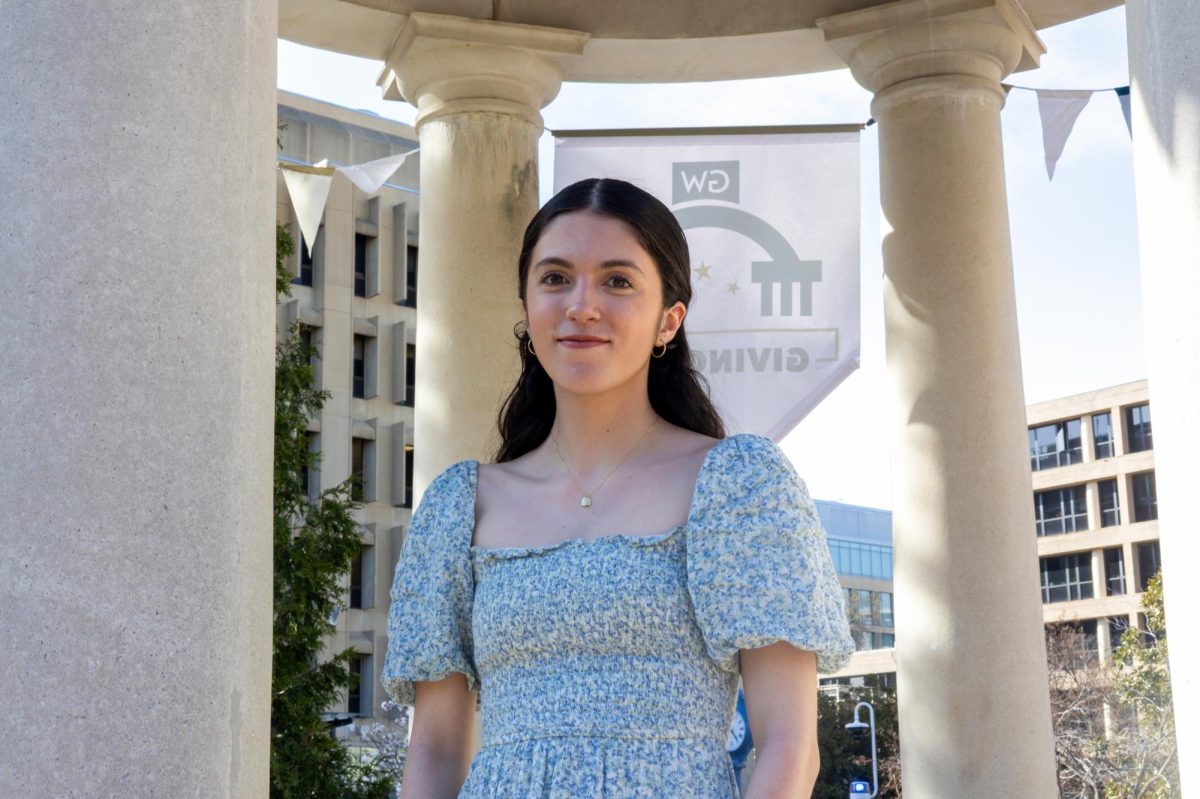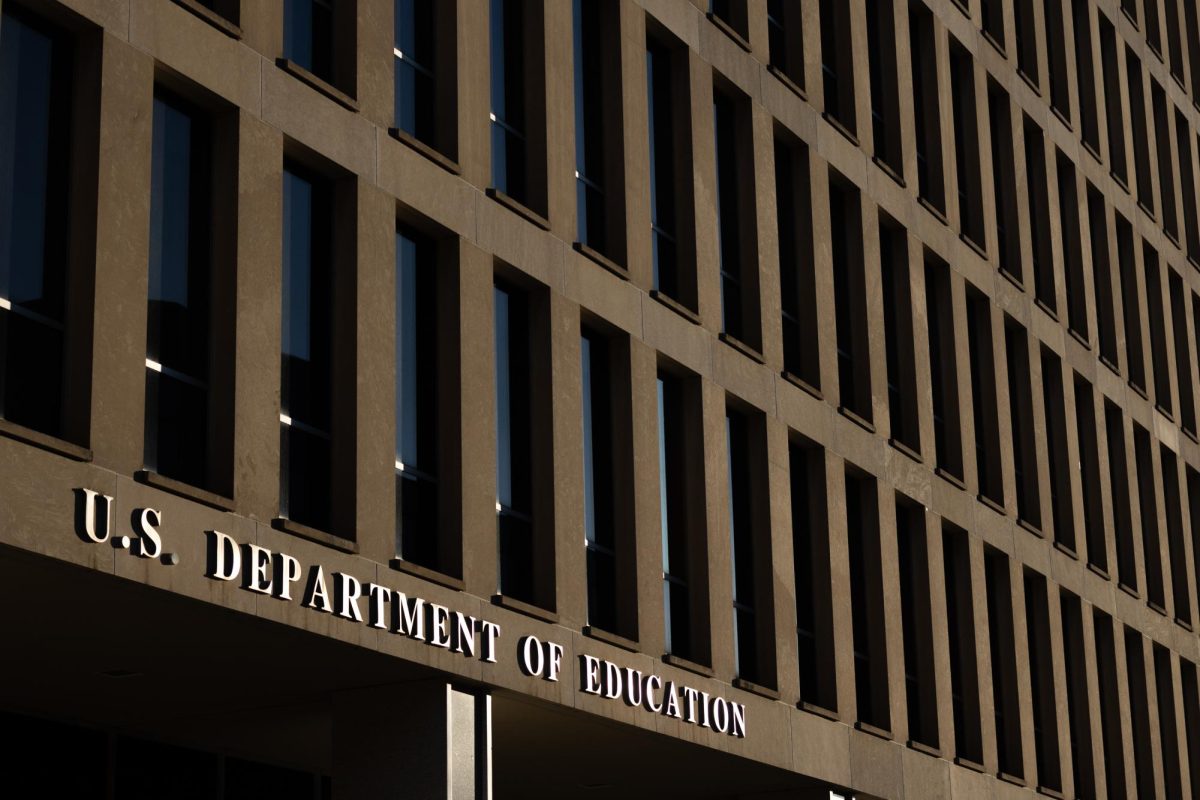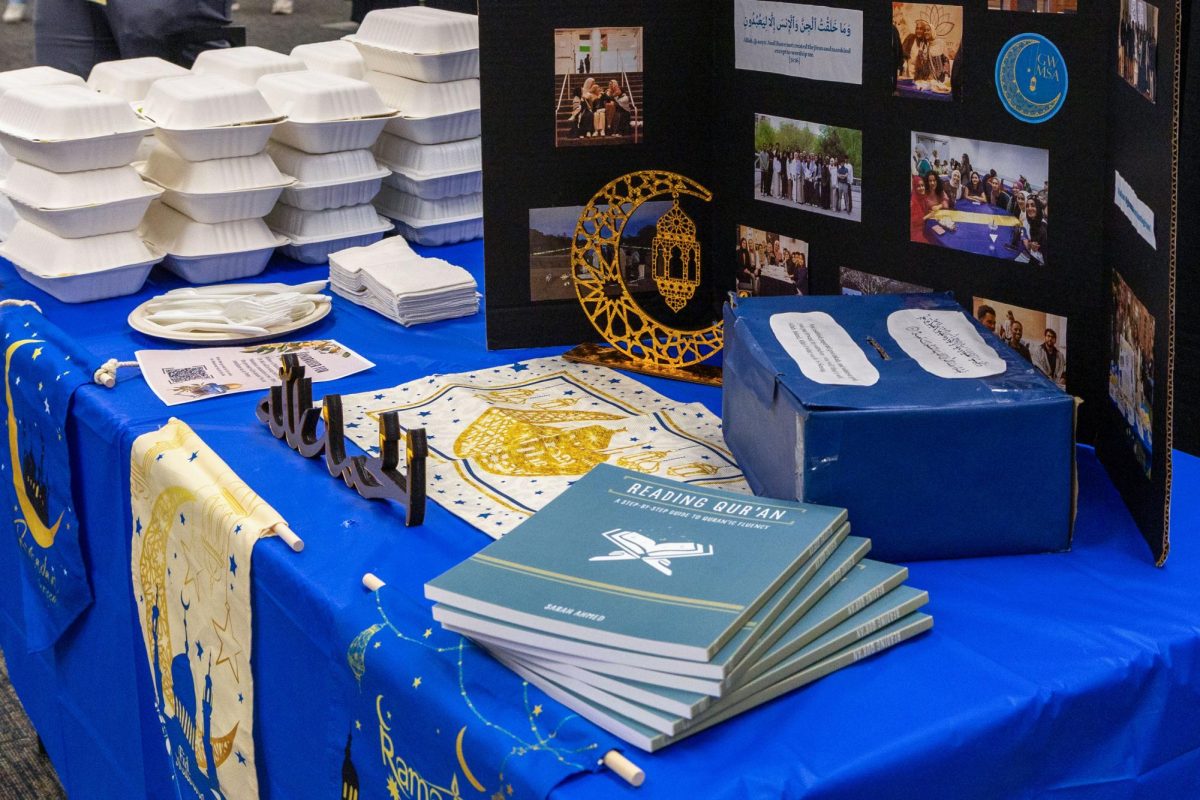The change to a personal adviser system in the Columbian College of Arts and Sciences may lead to stronger student-adviser relationships, students and experts said.
Officials announced in an email last week to CCAS students that all freshmen, sophomores and undeclared juniors in the school will be assigned a personal academic adviser in a restructuring of the “POD” system, which allowed students to meet with several different advisers based on the first letter of their last name. Officials said they hope the change will increase the number of students who use advising services.
Students were previously assigned to a group of advisers and could choose to make appointments with a single preferred adviser, but students said they felt the system was impersonal. After efforts by Student Association leaders to address advising concerns, CCAS officials piloted a one-on-one advising program last semester for first- and second-year students in POD 3.
Gilda Mossadegh, the director of academic advising for CCAS, said surveys sent out last semester to POD 3 students who used their assigned adviser revealed that about 70 percent of students preferred the individual adviser model. She said about half of those students said the “increased proactive outreach” from an assigned adviser “improved their advising experience” because of the personal connections they made.
“We want students to have the opportunity to build a personal connection with their adviser throughout their academic career at GW,” Mossadegh said in an email. “This was a driving force in us expanding the pilot to all advising PODs.”
Mossadegh said that under the new system, each adviser will be assigned 250 freshmen, sophomores and undeclared juniors based on prior contact or at random if students have not previously visited advising. She did not specify whether POD 3 students will keep the adviser they were assigned under the pilot program but added that all students can still visit their former POD advisers through appointments, office hours and email.
More than 10 students said the individual adviser system will allow them to maintain a consistent relationship with an adviser who can stay up-to-date with their academic needs.
Nicole Cennamo, a junior majoring in political science and the SA’s former vice president for academic affairs, said keeping the framework of the POD system in place while assigning students advisers is the “best of both worlds” because students will have access to other advisers if their assigned one is busy.
“Since students are assigned someone individually, they do feel they have a more personalized connection and they feel like there’s someone there who definitely knows who they are,” she said. “At the same time, though, appointment availability is a big thing, so being able to meet anyone from the POD can also help if you have a really quick question.”
Gabrielle Rhoads, a sophomore majoring in photojournalism in the Corcoran School of the Arts and Design, said balancing her Corcoran and CCAS requirements with those of the Women’s Leadership Program “led to a lot of confusion” with advisers last year. She found herself re-explaining her situation to a new POD adviser at each advising appointment she made, Rhoads said.
She said the assigned adviser system should help to better address student concerns since advisers will become “familiar with their students’ situations and be able to help them more when unusual expectations are set on them.”
“I feel like the only reason my course load my freshman year was as heavy as it was is because of a lack of invested understanding and willingness to work with my issue,” she said, referring to the previous advising system.
The change brings CCAS in line with all 12 of the colleges of arts and sciences at GW’s peer schools, which all assign incoming students a personal academic adviser to guide them through any academic issues.
Advising experts said the assigned adviser system allows advisers to get more academically involved with students and better understand what services they need from advising.
Dominic Castillejo, a senior academic adviser at the University of Miami, said having an assigned adviser can help to create a “timeline” of a student’s college experience and eliminate the need that arises when a student changes advisers often to re-explain ongoing or systemic issues.
He said that over time, this student-adviser relationship can also help the adviser develop their ties with students and become more successful in their role.
“Knowing that I am the only general adviser assigned to my advisees, I think helps me want to create that strong relationship, just because I know that I’m going to be working with these students for pretty much their entire college careers,” he said.
Kelly Johnson, an academic counselor at the University of Rochester, said assigned advisers can also help play a mentorship role in students’ personal development along with guiding them through academics.
“It’s helpful when you have a smaller cohort of students that you’re assigned to because you can get to know them more and meet with them more often or as needed, which can be helpful for the adviser as well,” Johnson said.
Jared Gans contributed reporting.











